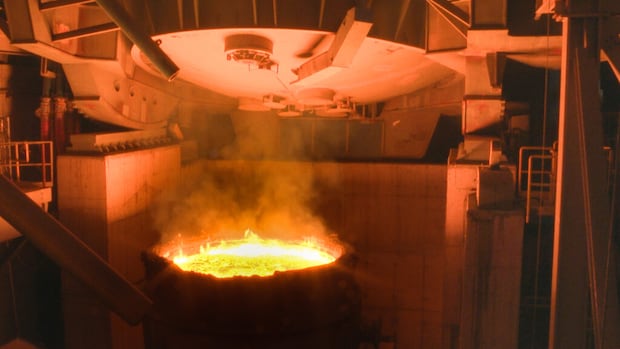Steelmaker Algoma says U.S. tariffs on steel are pushing it to accelerate its transition to electric steelmaking.
Prime Minister Mark Carney met with U.S. President Donald Trump this week in an effort to get some relief from the 50 per cent U.S. tariff Canadian steelmakers have been struggling under since June, along with low global steel prices due to oversupply that's blamed on China.
Algoma, in a news release last week announcing it had secured $500 million in government loans , said the tariffs have made operating its blast furnace and coke oven unsustainable, and it will exit those operations as it "accelerates its transition" to electric steelmaking.
Meanwhile, other Canadian steelmakers face similar economic pressures and pressure to decarbonize.
Here's why decarbonizing steel is such a big deal, how it's being done in Canada and what's needed for a successful transition in challenging times.
How big an impact does steelmaking have on the climate?
Globally, steel production generates about seven to nine per cent of global greenhouse gas emissions that cause climate change.
In Canada, steel produced about 13.1 megatonnes of CO2 or in 2023 — equivalent to the emissions of about three million gas-powered cars, or two per cent o
Continue Reading on CBC News
This preview shows approximately 15% of the article. Read the full story on the publisher's website to support quality journalism.
